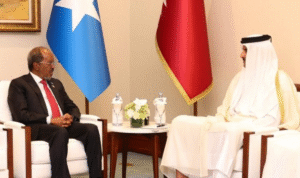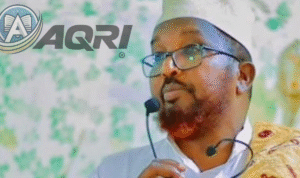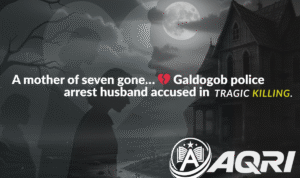Reporting from Somalia, the ongoing humanitarian crisis has intensified the need for comprehensive support systems for gender-based violence (GBV) survivors across the country. Amidst the instability and conflict, the plight of many survivors has often been overshadowed, creating an urgent call for enhanced support mechanisms and interventions.
In recent months, the surge in violence and displacement has escalated, further complicating the lives of GBV survivors. Many find themselves in overcrowded camps, where safety is a constant concern, and resources are scarce. In these settings, the lack of adequate support services, including medical care, psychological counseling, and legal assistance, compounds the trauma experienced by survivors.
Recognizing the dire situation, several humanitarian organizations have ramped up efforts to address these critical needs. Initiatives are underway to establish safe spaces where survivors can access immediate support and receive the care they desperately need. These spaces are envisioned as sanctuaries where individuals can begin the healing process, away from the threats and stresses of their environment.
In collaboration with local communities, international NGOs have been working to improve awareness and advocacy for GBV issues. By engaging local leaders, volunteers, and community members, these organizations aim to dismantle societal stigmas associated with GBV, encouraging more survivors to seek help without fear of retribution or shame.
Furthermore, training programs for healthcare providers, law enforcement, and community support groups are being implemented to better equip them with the skills needed to support survivors effectively. These programs focus on developing a compassionate understanding of the challenges faced by GBV survivors and the importance of a coordinated response to their needs.
However, funding remains a significant hurdle. Donor fatigue and competing global crises have limited the resources available for GBV interventions. Humanitarian agencies continue to advocate for increased international attention and funding to sustain and expand these life-saving services.
As Somalia navigates a complex web of challenges, the resilience of GBV survivors and the dedication of those working to support them remains a beacon of hope. While the road ahead may be fraught with obstacles, these coordinated efforts signal a vital step forward in the fight to protect and empower vulnerable communities in one of the world’s most challenging humanitarian landscapes.







Comment